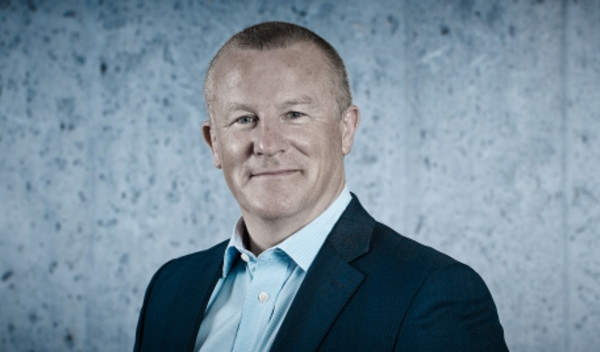

Neil Woodford’s continued confidence in the outlook for the UK economy has seen him buy the shares of troubled banking giants RBS and Barclays.
Mr Woodford has long been invested in the shares of Lloyds Banking Group, but Barclays and Royal Bank of Scotland are more recent editions.
RBS is not held in the £8.4bn Woodford Equity Income fund. Mr Woodford did not confirm which fund owns it, only to say he has recently invested in it.
Barclays share price has sunk from £2.11 to £1.83 over the past year, to £1.81 on 15 November.
Central to Mr Woodford’s enthusiasm for the banking sector is his view that returns have been hindered by the levels of fines those companies have had to pay in recompense for previous conduct, and the uncertainty around how much capital UK banks would have to own.
Regulators require banks to retain a certain slug of their balance sheet in very liquid, low return assets that can easily be sold off in the event of a crisis.
The uncertainty over what level of assets the regulator would require the banks to hold has, in Mr Woodford’s view, constrained lending and returns to shareholders in recent years.
He said with the fines for past misconduct now largely paid or provided for by all of the banks he owns, and the regulatory outlook much more positive, “banks are generating enough returns that the cash they generate can be returned to shareholders, rather than held back to meet capital requirements or pay fines.
The fund manager described Lloyds Banking Group as “one of the most exciting opportunities in the FTSE 100”.
This view that the banks have repaired their balance sheets and can begin to lend more is also central to his broader view that the UK economy will perform better than is forecast in the coming years.
This is because he said the US banking system was repaired first, so the economy grew out of recession more quickly, while the eurozone banks are the furthest from having repaired their balance sheets, and have been the furthest from recovery.
Mr Woodford's latest investment decisions are likely to come under intense scrutiny, after it was confirmed today (16 November) that he has been ditched by a second large investment house.
Aviva confirmed it is dropping Mr Woodford’s Equity Income fund, and those who have invested in it through company pension schemes will have money moved to an alternative fund.
The move will affect at least £30m of capital.
Mr Woodford’s equity income fund has significantly underperformed rivals and the stock market as a whole in the last 12 months, as has his second launch, Woodford Patient Capital trust.
Last month it was revealed that Jupiter, a long-term Woodford backer, had dis-invested entirely from Mr Woodford's flagship income fund.
David.Thorpe@ft.com



